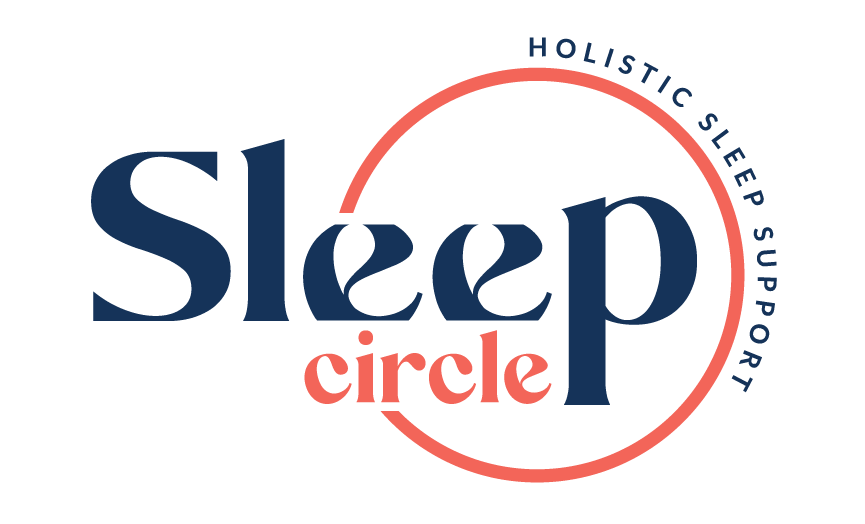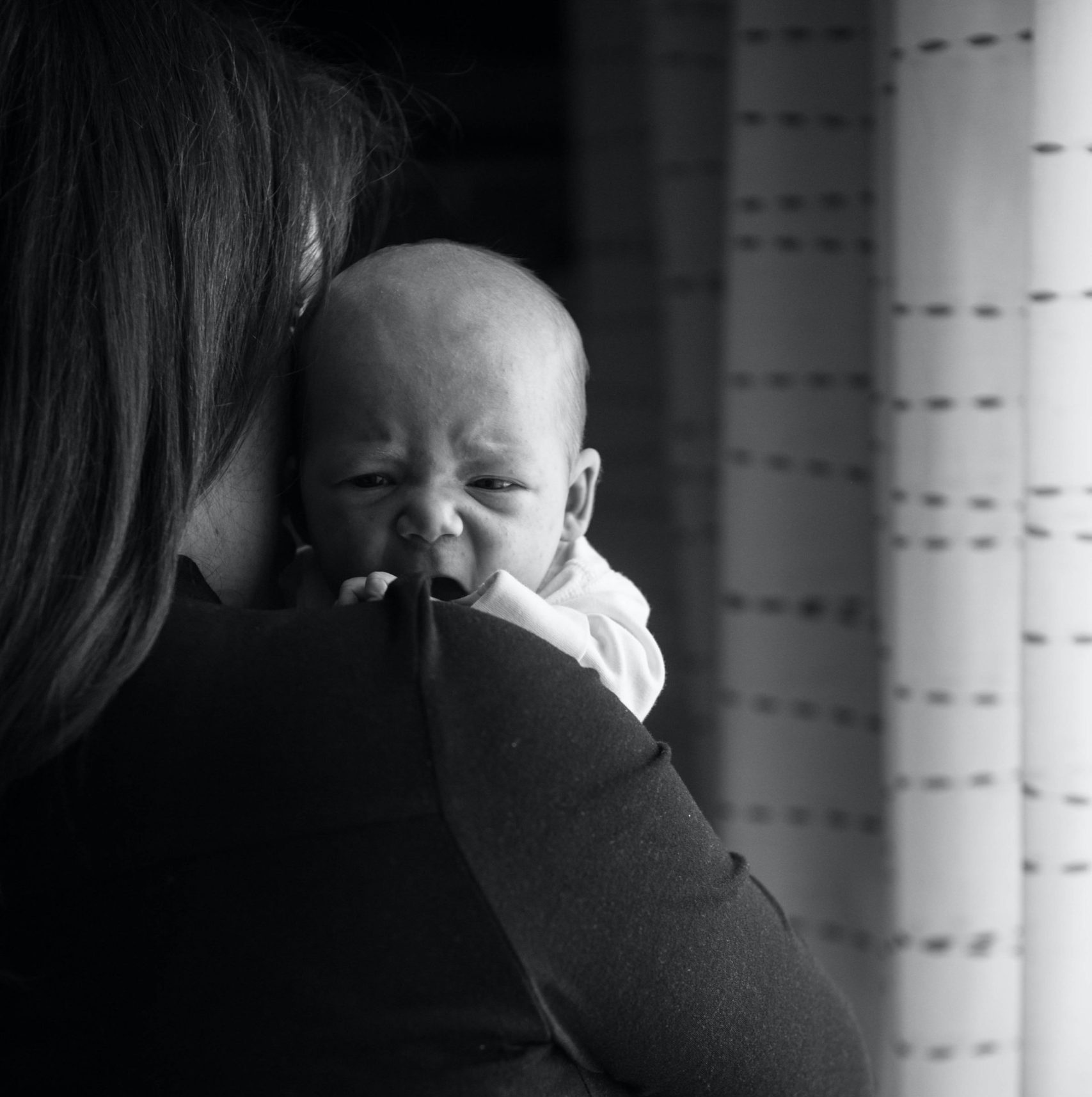So this is a BIG one. Something that many parents talk to me about and quite frankly something I even grappled with for answers before I decided to help Eli get more sleep. The concern is whether “sleep training” only silences a child and in training a child not to cry, leaves unspoken needs unmet.
The first major objection I have with this, is that it assumes ALL sleep training is the same. Let me set the record straight. Sleep training does not equal “Cry-it-out”. There are a million different approaches to sleep and the approach I take absolutely and categorically is ALL about responding to needs! I am not an advocate of so-called “cry-it out” methods and the clients I work with begin the process right alongside the child’s bed offering comfort, support, encouragement and calm. I am a firm believer in parental instincts and for this reason I’m not a fan of approaches which set rigid rules or advise leaving children to cry for a specific number of minutes etc. I prefer to encourage parents to truly observe and listen to their child and use their own judgement to offer comfort when and in whatever way their child needs. This might mean picking your child up a hundred times to begin with and if that is what helps lead us towards the goal of independent sleep, that’s what we do.
There is also the overlooked fact that not all children actually cry at all during sleep training. It is a minority but some do not cry. Why? Well, put simply, mastering independent sleep has nothing to do with crying. It’s not because a child has cried that they start sleeping effectively. It’s about consistently providing opportunities to experience and get confident and competent at falling asleep in a new way. All children are different and like experiencing anything new, some children sail through and others find it more challenging.
And this brings us to the part, which naturally makes a lot of us adults feel more uncomfortable. The children that do cry. As a first-time mum, I couldn’t bear to hear Sira cry and felt it was my job to understand what she needed, “fix” it quickly and soothe her. It literally tore at my heart to hear her crying and at the first whimper I would swoop in and try and comfort her. What I didn’t realize back then was that crying serves a biologically critical purpose. Primarily, crying helps babies to express and regulate their emotions and release harmful tension in their bodies. If we are focused on stopping the crying as quickly as possible, we haven’t given them an opportunity to release tension and consequently they don’t actually feel better. All we have done is stop the noise. There’s a good chance also in our rush to stop the crying, that we misinterpret what they need. Imagine for a second that you’re beyond overtired and someone rushes in attempting to feed you. Probably not what you want right? Janet Lansbury is a fabulous writer on this topic and I highly recommend following her.
So what does this have to do with sleep training? I’m not suggesting for one minute that it is ok to leave children crying. That’s something else entirely. However, when a child experiences something new and has a parent right alongside them, responding to them, comforting and calming them, some short-term crying is an entirely healthy and normal response to release tension, To me it is neither alarming nor harmful, particularly given the lifelong benefits of quality sleep. The children I work with have always fallen asleep in a particular way, often for most of their life to date. When we work together, we are aiming to change the way they fall asleep (for long-term health) and inevitably like all change the process of mastering something new can be frustrating. This is what can cause some tears. So far from silencing a child, this approach of sleep training can actually enable a child to feel and process their emotions in a supportive, safe and nurturing environment, whilst building healthy sleep habits for life.
Typically the children I work with are also usually chronically over-tired before we start and as we know, over-tired babies cry. It’s what they do and they simply need sleep. Sometimes in these scenarios, the parents have already reached the stage where even if they feed/rock/hold the baby to sleep, the child cries regardless. This is another example of where crying has nothing to do with ignoring needs and instead we see it as a healthy and natural release of tension.
As an important side note, I’m not talking about sleep training newborn children. I prefer parents of newborns to focus on establishing feeding and sleep fundamentals and come back to sleep training later on if desired.
I often hear parents say that their baby hates their crib. It might be useful to contrast this with another scenario, in which many young children cry : in the car. I know many children who protest about being strapped into a car seat. Would we suddenly stop the car on the highway , remove their seat belt and continue driving because they were crying? I would say not. And that’s because as parents we know what is in their best interests and will keep them safe. Research has repeatedly demonstrated the critical role sleep plays in our health and we know that not getting adequate sleep is directly linked with almost all life threatening diseases. For me, whilst I will always feel uncomfortable hearing my children cry, the importance of sleep for life far outweighs the possibility of a few temporary tears of frustration.
And if you still have doubts, let me leave you with my final thought. If sleep training really did silence a child, then logically, they should no longer cry or vocalize a need, irrespective of the time of day or what the need is. Let me assure you that both of my children absolutely regularly still cry and shout (my neighbours would vouch for that!) when they are overtired or want water, a diaper change, an extra pre-sleep cuddle or a million and one other desires. And I’ve not come across any clients yet who have experienced otherwise.



No responses yet